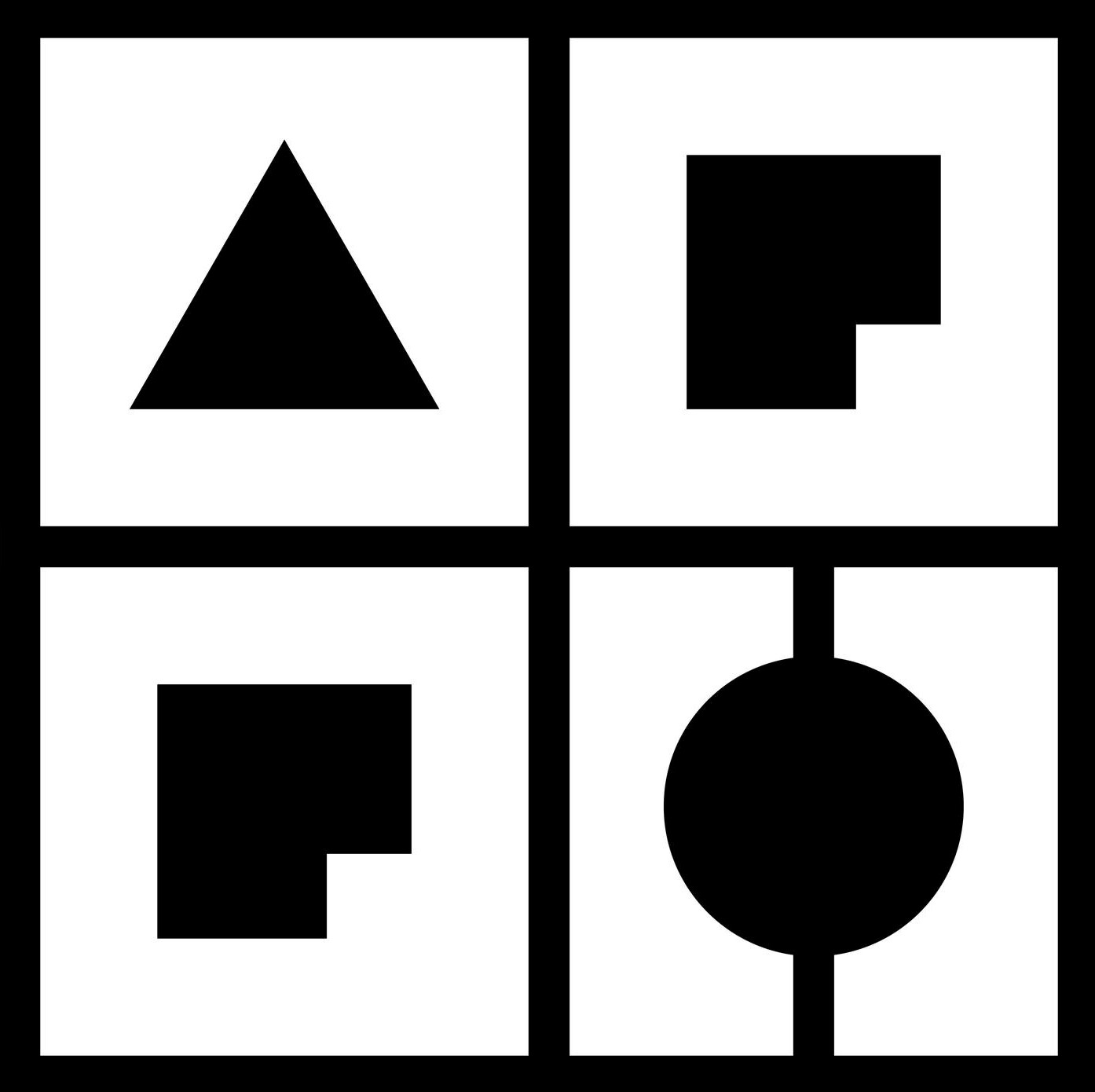DT - Soil dynamics
| Course specification | ||||
|---|---|---|---|---|
| Type of study | Master academic studies | |||
| Study programme | Civil Engineering | |||
| Course title | Soil dynamics | |||
| Acronym | Status | Semester | Number of classes | ESPB |
| DT | elective | 2 | 3П + 2В | 7.0 |
| Lecturers | ||||
| Lecturer (for classes) | ||||
| Lecturer/Associate (for practice) | ||||
| Condition | Облик условљености | |||
| - | - | |||
| The goal | ||||
| The student should be introduced to the basics of Soil Dynamics, including soil behavior and construction under cyclic and dynamic loading. The student should be able to formulate the solution of a real engineering problem in the correct way, either by direct analytical or numerical methods | ||||
| The outcome | ||||
| The student is able to analyze and dimension the foundation loaded with cyclic and dynamic loads in different geological conditions. | ||||
| Contents | ||||
| Introduction: Basics of oscillations (free and forced oscillations of undamped and damped simple oscillator), instruments for measuring oscillations. Waves in elastic media. Properties of cyclically loaded soil: Hysteresis, stiffness, damping, strength, cyclic volume deformations and pore pressures, laboratory and field tests. Oscillations of foundations: Vertical, lateral, torsional, rocking and bound oscillations of shallow foundations, theory and measurements, oscillations of foundations on piles, protection against vibrations. Soil bearing capacity in dynamic conditions. Geotechnical Seismic Engineering: Earthquake Effects on Ground and Structures. Seismic load. Behavior of walls and slopes during earthquakes. Mononobe-Okabe theory for walls, sliding block method, dimensioning of walls on limited bone displacements, permanent displacements in slopes and embankments. Liquefaction: Liquefaction in the laboratory and in the field, laboratory and field experiments. Improving liquefable soil. | ||||
| Methods of teaching | ||||
| Classroom lectures and practical exercises. Preparation of annual tasks in consultation with an associate. Laboratory and field work. | ||||
| Literature | ||||
| ||||
| Облици провјере знања и оцјењивање | ||||
| The independent annual assignment is defended during the semester in terms of lectures, exercises or consultations. The condition for taking the colloquium is the defended annual task with the part of the material belonging to it. Students who do not pass the colloquia during the semester, take the integral part of the exam, scored by the total number of points of both colloquia. Each of the tests is considered successful if the student achieves a minimum of 51% of the points provided for the knowledge test. The table below shows the percentages that can be won for individual activities and knowledge tests. | ||||
| Посебна назнака | ||||
| Услов за излазак на испит је урађен и одбрањен годишњии задатак. Уколико студент оствари више од 3 изостанка, обавезан је да поново упише предмет. | ||||
